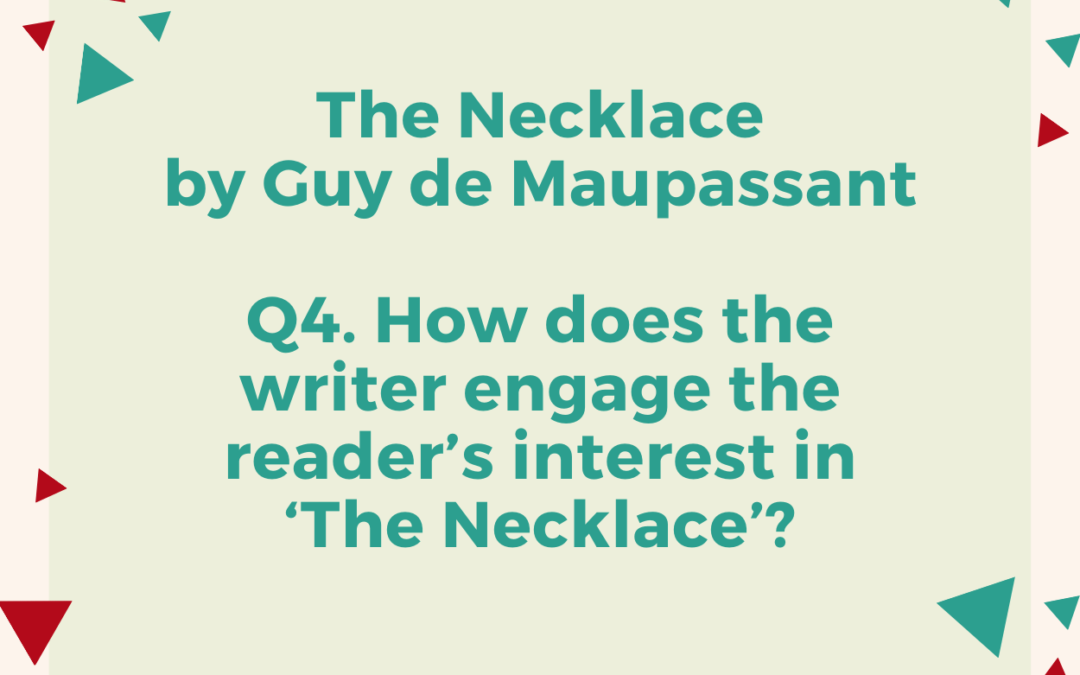Edexcel English IGCSE: Electricity Comes to Cocoa Bottom by Marcia Douglas
Q1. In ‘Electricity Comes to Cocoa Bottom’, how does the writer portray the reactions and responses towards the revelation of light?
Refer closely to the poem in your answer. You may use brief quotations
Edexcel English IGCSE Model Essay by an Expert
The poet of ‘Electricity Comes to Cocoa Bottom’ builds up an atmosphere of suspense surrounding the coming of the light. The revelation of light creates a flurry of movement and excitement. However, in the end, the reaction is anti-climactic.
The tone of the first stanza builds a great deal of suspense, and suggests that both people and nature are expectant and excited about the revelation of the light. Several verbs denote stillness and expectancy, such as “waiting”, “watching” and “stopped”. This creates an atmosphere of anticipation, showing everyone’s excitement. Even nature is portrayed as feeling the suspense, through personification: “the fireflies waited” and the breeze “held its breath”, as if they also know that something is going to happen. Another example of personification is that the birds were “congregating”. This is also part of the extended metaphor of the theatre, as the birds and people seem like an audience waiting for a show. This portrays the revelation of light as an entertaining event for which people are excited.
In the second stanza, the revelation of light prompts a complete change in tone: from suspense and stillness to excitement and movement. There is a contrast with the first stanza in the use of verbs which now denote a flurry of movement, including repetition: “fluttering”, “swaying, swaying” and “swelling and swelling”. These verbs show the sudden excitement caused by the revelation of light. The repeated exclamations also show the excitement about the lights. The stanza begins with the sudden, glorious exclamation, “Light!”, which is on a line of its own to quicken the pace. This highlights the shift from quiet tension to thrilling release. This exclamation is repeated halfway through the stanza, maintaining the sense of exhilaration.
However, in the final stanza the tone changes again, as the speaker of the poem reflects on how short-lived the excitement is. The tense changes to the past perfect, which highlights that the event is already forgotten. Time phrases such as “too late” and “moment had passed” create a sense of finality and tone of regret. According to the speaker, people have not given enough attention to the moment, particularly following the suspenseful build-up throughout the poem. The speaker feels that the momentous event has become an unappreciated fact of life. It is in fact unclear whether the humans reacted to the event at all, since most of the excitement described in the second stanza seems to be from nature rather than the human audience.
The reaction towards the electric lights shifts throughout the poem. Initially, there is a tense build-up of suspense, and then an exciting climax when the lights come on. However, the climax seems to be mainly experienced by nature; the human reaction is disappointing to the speaker, as captured in the anti-climactic final stanza.



